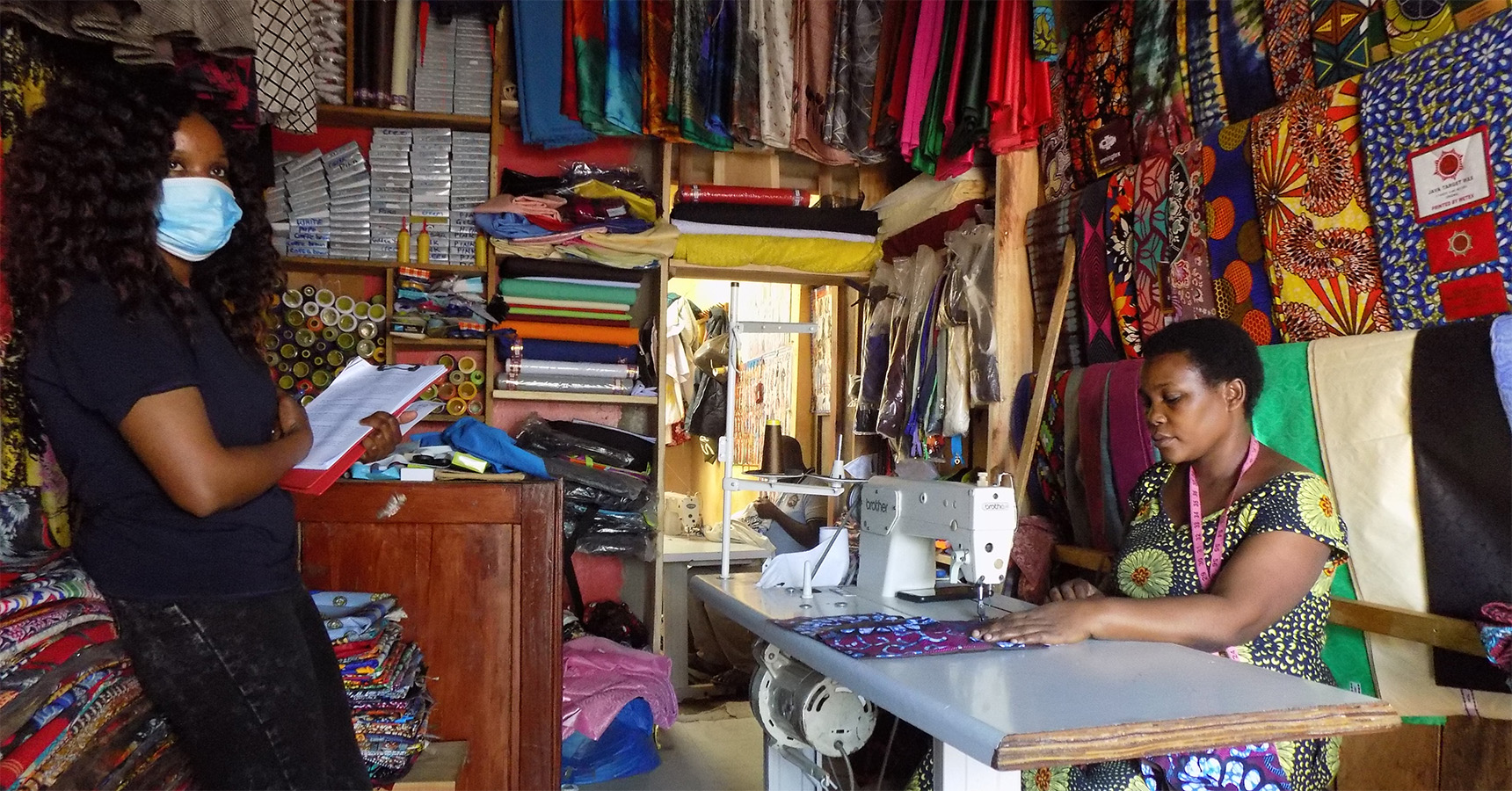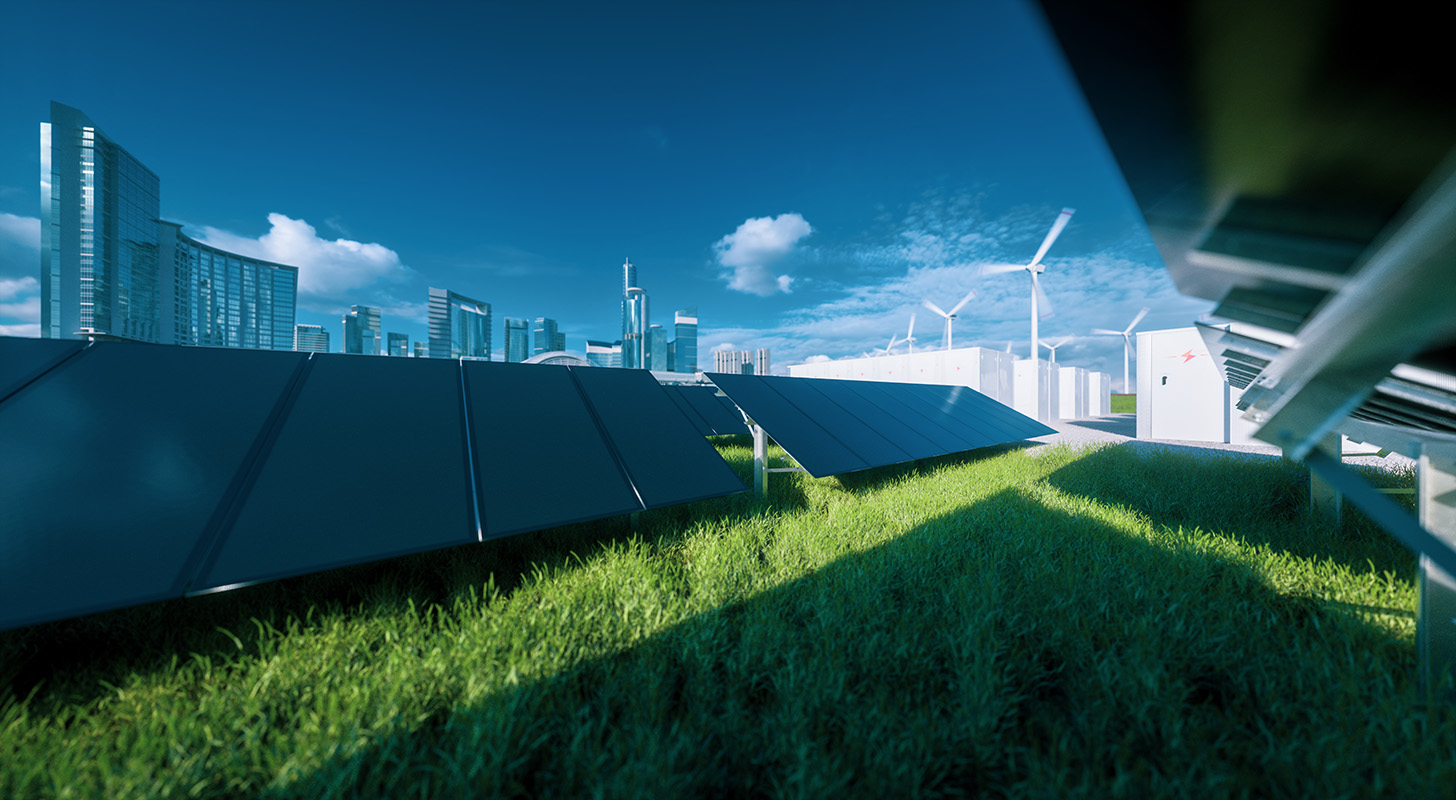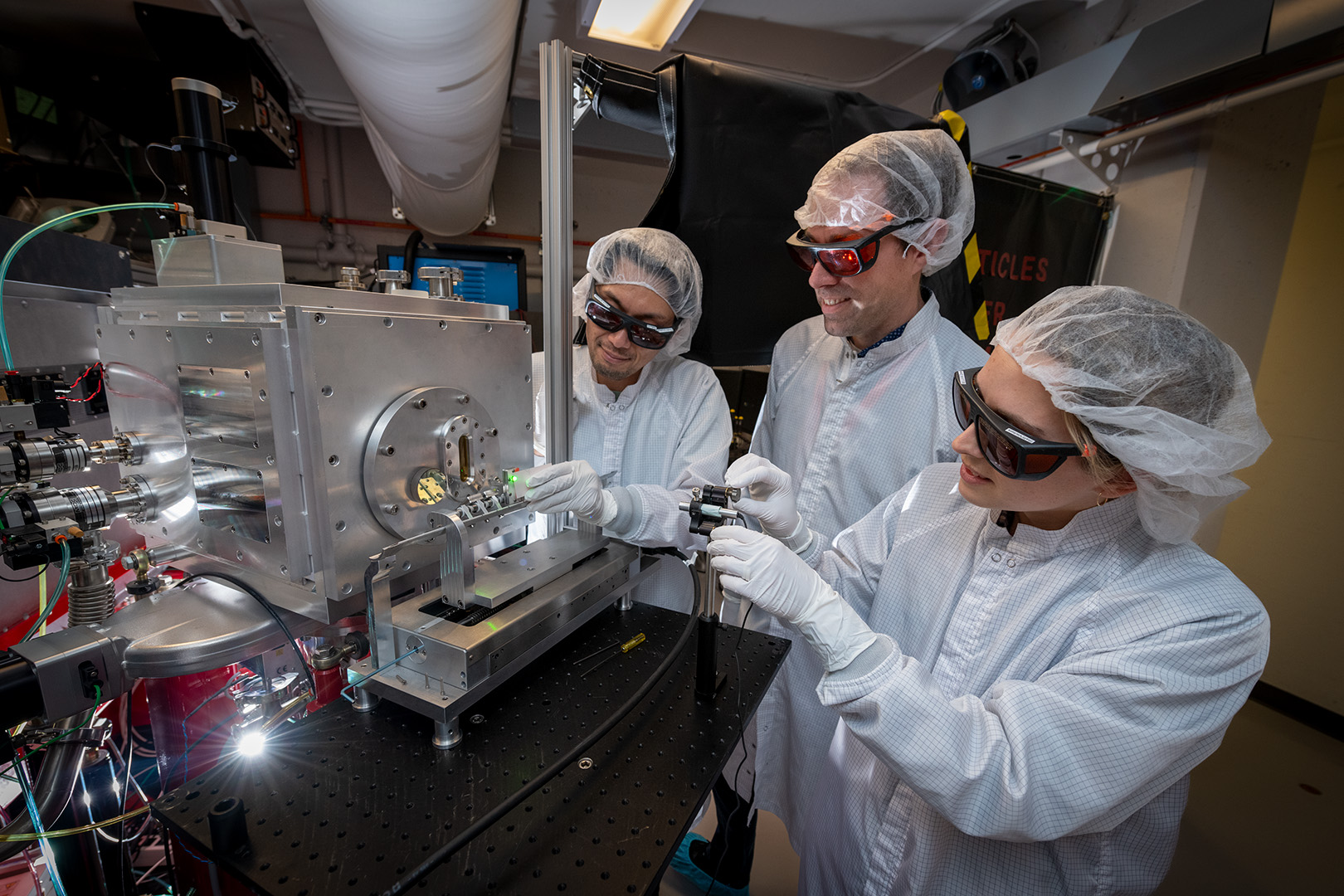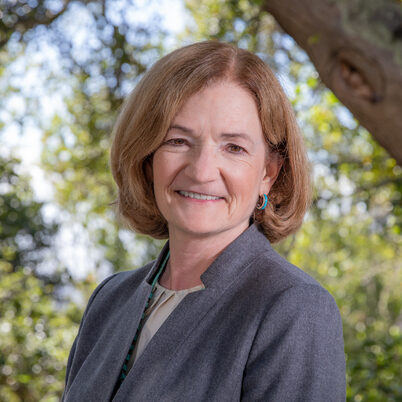

Berkeley Lab, in partnership with UC Berkeley and community-based organizations, deploys low-cost sensors to track neighborhood-level pollution. Since 2016, efforts in West Oakland, Richmond, Modesto, and San Francisco have generated data that inform policies to reduce pollution exposure and mitigate health impacts.

Developed in partnership with UrbanSim, Inc., the Behavior, Energy, Autonomy, and Mobility (BEAM) Comprehensive Regional Evaluator (CORE) Modeling Framework helps government agencies, policymakers, and businesses make informed planning decisions.

Fresno, CA: The California Toolkit for Heat Resilience in Vulnerable Environments (CAL-THRIVES) software helps identify affordable measures that can keep low-income and elderly residents cool and safe during heat waves.

Berkeley Lab leads a DOE-funded initiative to advance Controlled Environment Agriculture (CEA), promoting indoor farming to reduce land/water use, emissions, and enhance food security through innovation and community collaboration nationwide.

Northern San Joaquin Valley: Berkeley Lab, UC Merced, and BEAM Circular are developing actionable and strategic plans to create an innovation campus and ecosystem in the Northern San Joaquin Valley centered on biomanufacturing.

Southern San Joaquin Valley: Partnering with the surrounding communities to evaluate the feasibility of a sophisticated direct air capture hub.

America’s Schools: More than 4 million students at 7,000 schools in 44 states will benefit from better air quality and energy efficiency based on Berkeley Lab technical assistance provided by a joint initiative of the Department of Energy, the Environmental Protection Agency, and the Department of Education.

Salton Sea: Steering research and development in lithium recovery technologies through an environmental science perspective, leveraging unconventional resources, and collaborating closely with community stakeholders.
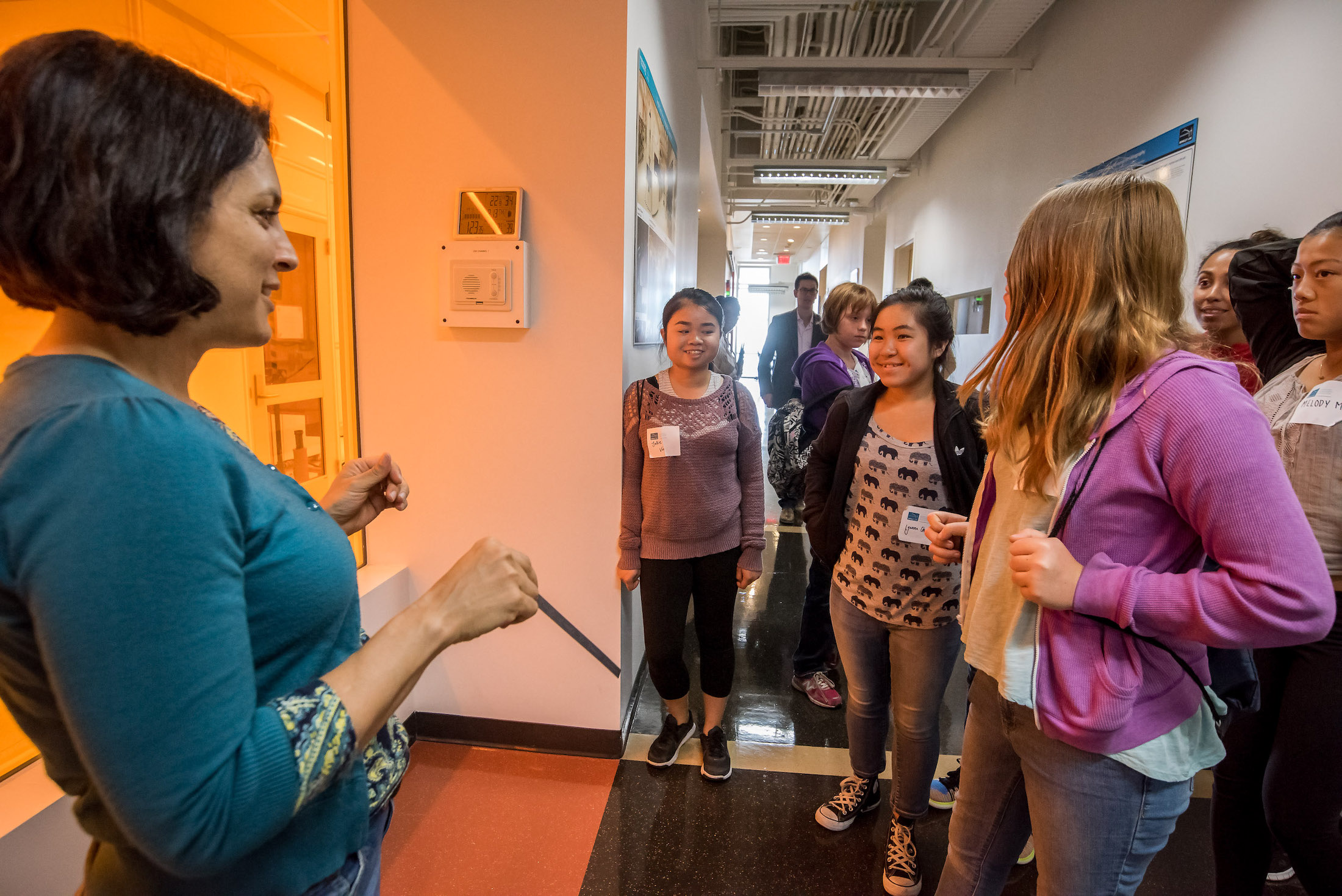
Our lab is committed to increasing participation in science. Through our K-12 STEM education and outreach programs, we connect with students and encourage their interest in science and technology.

Forrester broadly focuses on energy affordability, distributed energy resources, and new utility business models. More specifically, her work includes studying both the quantitative and policy-driven aspects of distributed energy resources and their impacts on the grid and ratepayers.

Wei is a Staff Scientist in the Sustainable Energy & Environmental Systems Department in the Energy Analysis and Environmental Impacts Division. His expertise is in energy system modeling for deep decarbonization, residential building modeling, and more. His recent work has focused on how to achieve greater climate equity and heat resilience in underserved communities in California.
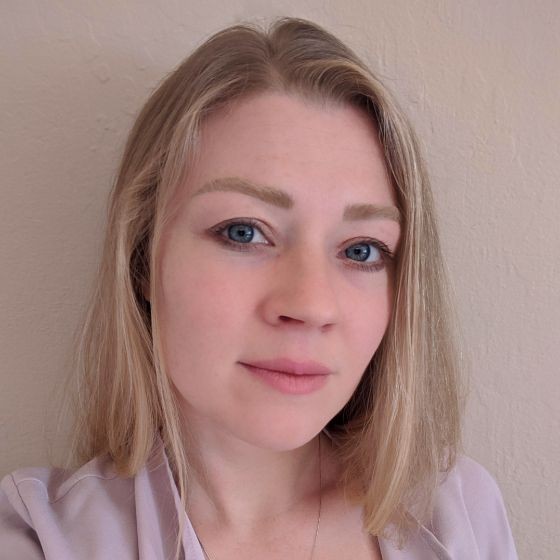
Breunig is a Research Scientist in the Sustainable Energy Systems Group in the Energy Analysis and Environmental Impacts Division. She holds a secondary joint appointment in the Earth Systems and Society Domain in the Climate and Ecosystem Science Division. Hanna specializes in spatially- and temporally-resolved environmental, human health, and economic impact assessment of emerging energy and wastewater treatment technologies.
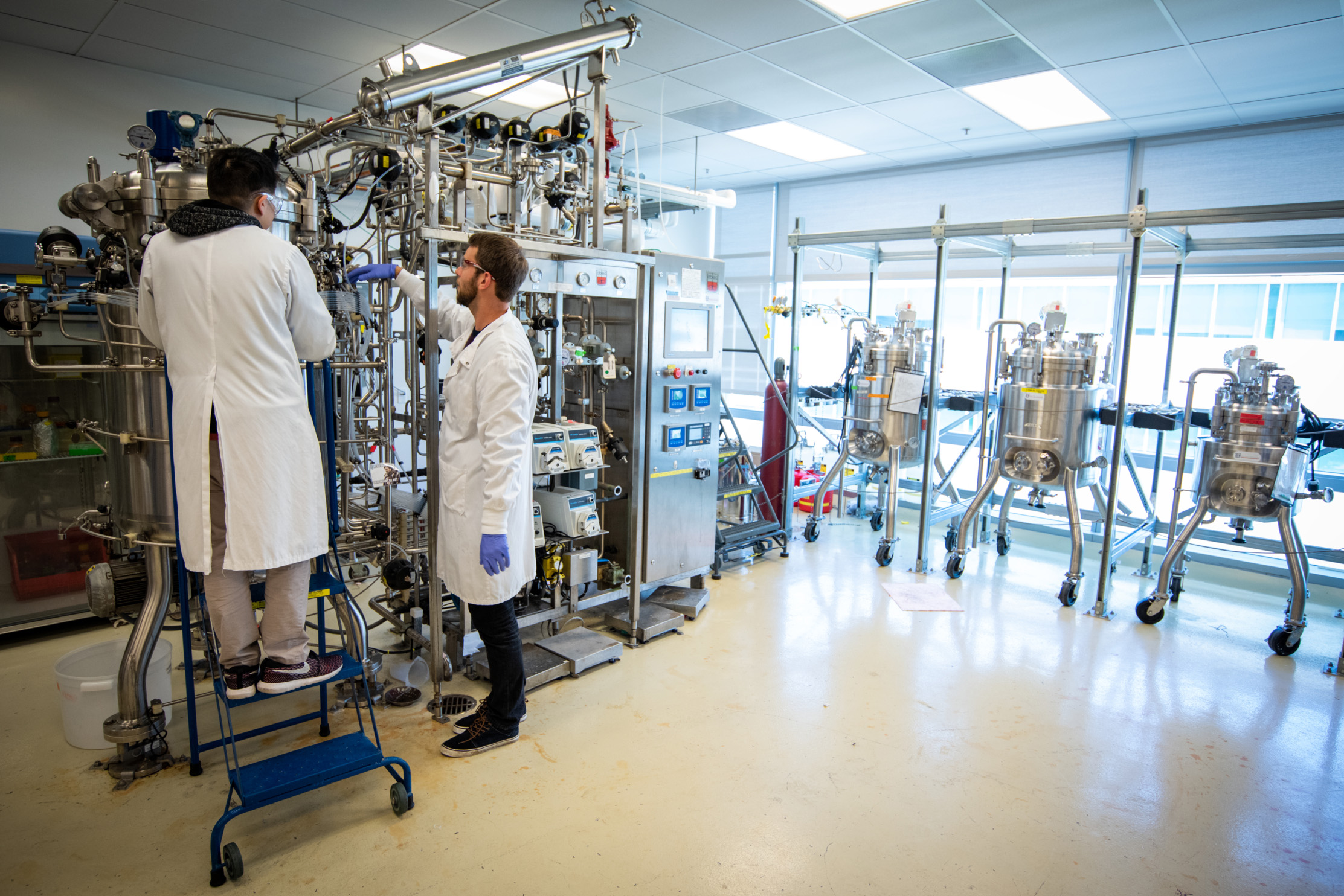

As part of a newly established collaborative, Berkeley Lab will co-lead an effort to establish a bioindustrial manufacturing capability in California’s Northern San Joaquin Valley.
The award will enable the team to develop actionable and strategic plans to create an innovation campus and ecosystem in the Northern San Joaquin Valley centered on biomanufacturing, which harnesses biology’s natural systems to create sustainable products, materials, and fuels from renewable materials.


